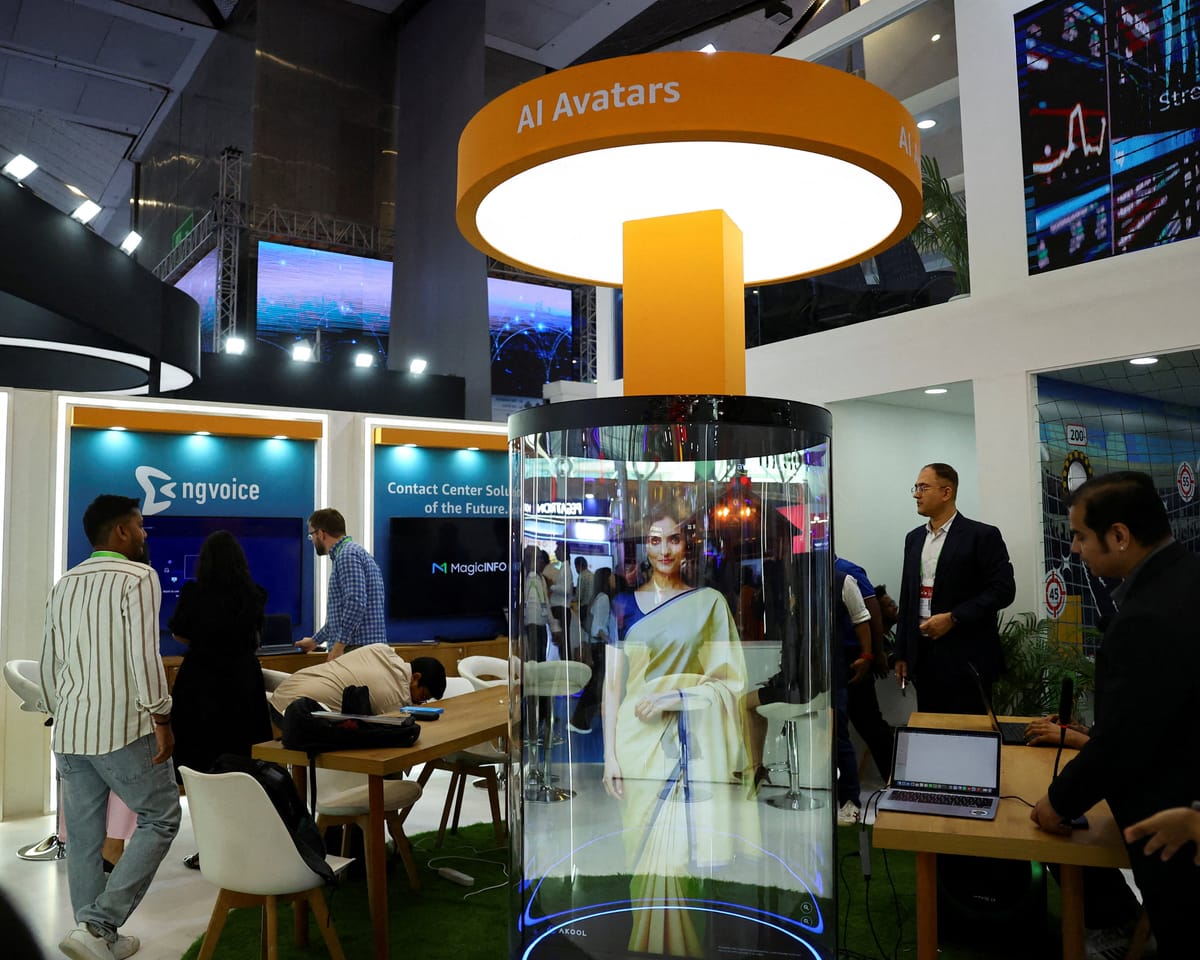Entry-Level Workers at Risk as AI Replaces Hires, Study Finds
A recent study reveals that companies are increasingly turning to artificial intelligence instead of hiring new employees, posing a significant challenge for entry-level workers.
The British Standards Institution (BSI) surveyed over 850 business leaders across Australia, China, France, Germany, Japan, the UK, and the US. The findings show that 41% of respondents view AI as enabling workforce reductions, while nearly one-third prioritize AI solutions before considering new hires.
Two-fifths reported that entry-level roles have already been reduced or eliminated due to AI handling tasks like research, administration, and briefings, with 43% expecting further cuts within a year.
Susan Taylor Martin, CEO of BSI, noted:
"AI presents major opportunities for businesses worldwide, but as they pursue efficiency, we must remember that human effort drives real progress. Balancing AI’s potential with workforce stability is the critical challenge of our era. Sustainable employment demands long-term investment in both AI tools and people."
The study highlights growing concerns for job seekers, with a quarter of leaders believing most entry-level tasks could be automated. A third also suspect their own first jobs would not exist today due to AI advancements.
Additionally, 55% of respondents viewed AI’s benefits as worth the workforce disruptions. These findings follow broader fears of AI reshaping the job market, including an August poll indicating half of UK adults worry about AI altering or eliminating their roles.
Separately, telecom provider BT is cutting around 10,000 jobs as part of a shift toward AI-driven operations.
The BSI also found that large organizations adopt AI more aggressively than smaller firms, with 70% of big businesses reporting cost savings compared to 51% of SMEs.
Read next

"Nations weigh halting Russian oil and gas purchases as Trump sanctions take quick effect"
Donald Trump’s efforts to mediate peace in Ukraine may hinge on one critical issue: can the U.S. leader persuade nations to reduce their reliance on Russia’s energy exports?
Recently, Trump introduced sanctions against two of Russia’s biggest oil firms, Rosneft and Lukoil, aiming to weaken Moscow’

"Risks of centrist economics in a divided world"
Navigating the economic landscape as a centrist thinker is challenging in today’s politically charged environment, where every viewpoint is quickly categorized into rigid ideological positions. A sentiment often linked to Leon Trotsky applies here—centrist economists may avoid conflict, but conflict finds them regardless.
Take, for example, my 2016

"Bloomsbury head suggests AI aids writers in overcoming block"
Artificial intelligence may assist authors in overcoming creative hurdles, according to the head of the publishing company Bloomsbury.
Nigel Newton, founder and chief executive of the firm behind the *Harry Potter* series, suggested that while AI could support various creative fields, it would not replace well-known writers entirely.
"AI

